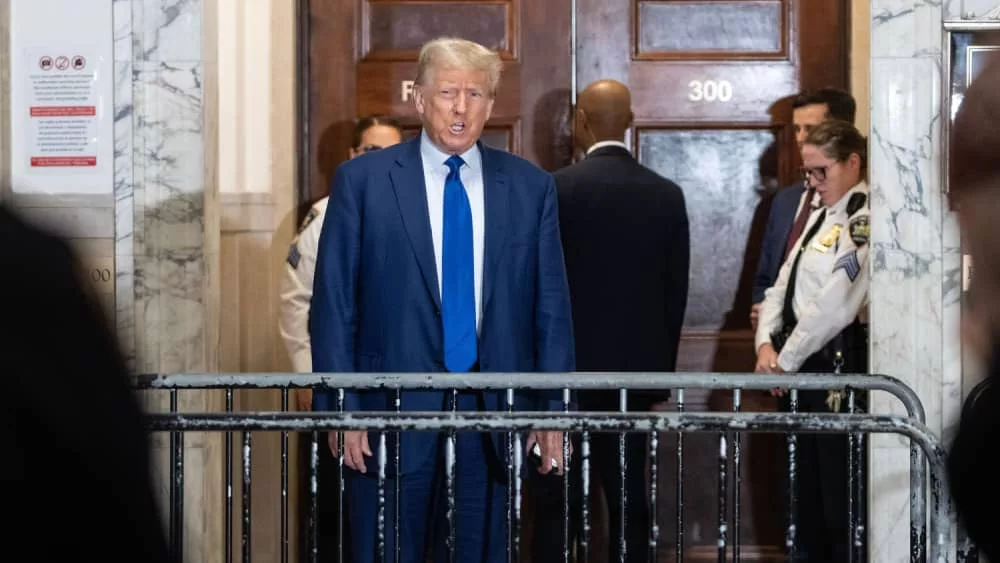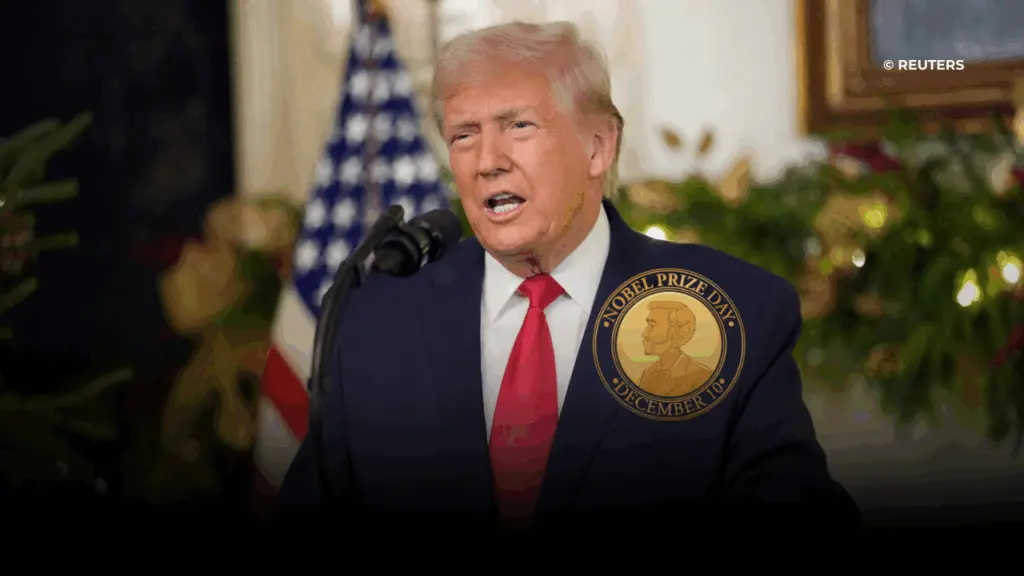
Shutterstock_2379870033932201
The judge overseeing the civil fraud trial of former President Donald Trump said that Trump will not be allowed to deliver his own closing argument on Thursday. Judge Arthur Engoron told Trump’s attorneys that the former president must submit to certain restrictions if he wished to address the court, which Trump’s team did not agree to. The judge said that Trump would have to limit his statement in court to “what is permissible in a counsel’s closing argument, that is, commentary on the relevant, material facts that are in evidence, and application of the relevant law to those facts.”
The judge released an email chain between himself, Trump attorneys Chris Kise and state Attorney Letitia James’ office when he denied the request Wednesday.
Kise first told Engoron that Trump planned to speak in a Jan. 4 email, and Andrew Amer from the AG’s office quickly opposed the idea, saying “Allowing Mr. Trump to participate in closing arguments would effectively grant him an opportunity to testify without being subject to cross-examination.” Engoron replied the next day, saying he was ‘inclined” to let Trump do so since he was the person with “by far the most at stake,” but added that Trump had to speak about the evidence in the case and could not “testify,” “comment on irrelevant matters,” “deliver a campaign speech” or “impugn myself, my staff, plaintiff, plaintiff’s staff or the New York State Court System.” The judge wrote that ‘”failure to abide by those conditions would result in Trump being cut off and admonished, and if he were to continue to violate those terms, he’d be removed from the courtroom by court officers and fined not less than $50,000″.
Kise responded on Tuesday that Trump could not agree to those conditions, at which point the judge noted that Trump would be free to comment “on the arguments of an opposing party or counsel, but may not seek to impugn their character.” “I will not let anyone violate the normal rules of courtroom procedure that govern closing arguments,” giving Kise until 4 p.m. Tuesday to respond. Later that night, Kise asked if closings could be delayed until late January due to the death of Melania Trump’s mother, at which time Engoron responded Wednesday morning he was “sorry to hear the sad news” but denied the request for a delay.
Kise later responded that Trump was still coming to court and planned to speak, calling the Judge’s conditions “very unfair … You are not allowing President Trump, who has been wrongfully demeaned and belittled by an out of control, politically motivated Attorney General, to speak about things that must be spoken about.”
Engoron responded, “Take it or leave it. Now or never” and gave Kise 7 minutes to agree to his terms. Kise did not respond, at which point Engoron wrote Wednesday tthat Trump would not be allowed to speak: “Not having heard from you by the third extended deadline (noon today), I assume that Mr. Trump will not agree to the reasonable, lawful limits I have imposed as a precondition to giving a closing statement above and beyond those given by his attorneys, and that, therefore, he will not be speaking in court tomorrow.”
The civil fraud trial lasted more than two months, with testimony wrapping up in December.
Editorial credit: lev radin / Shutterstock.com













